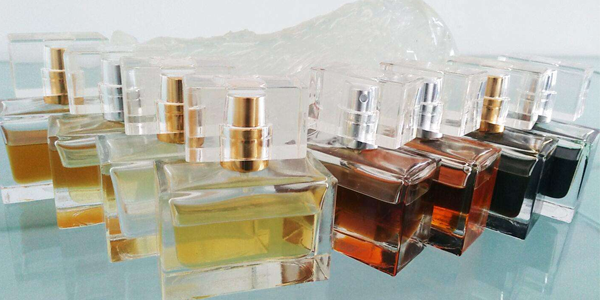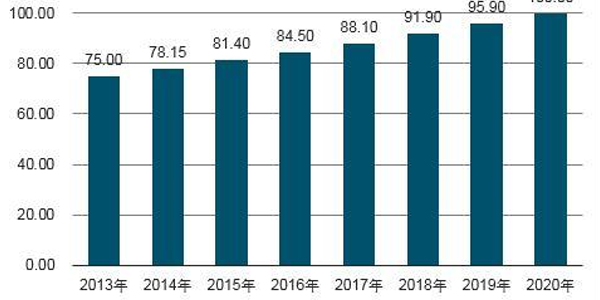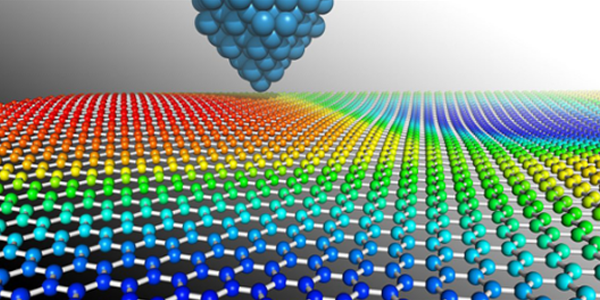Why should antioxidant and anti-corrosion agent be added into lubricating oil?
Engines using fuel oil, kerosene, gasoline, natural gas or artificial gas, liquefied gas, etc. as fuel must use lubricating oil (such as paraffin based lubricating oil) to lubricate their moving parts. Lubricating oil should be in contact with air in use, and various mechanical equipment will also generate heat, which will increase the temperature of friction parts in operation.
In addition, all kinds of metal materials in the equipment, such as copper and iron, will play a catalytic role in accelerating the oxidation and deterioration of oil products. Finally, the viscosity of lubricating oil will increase, and acidic substances will be generated to corrode metal materials, and various carbon like or asphalt like precipitates such as paint film will be generated to block the pipeline.
All these changes have adverse effects on the continuous use of lubricating oil and normal operation of the equipment. Therefore, it is required that the lubricating oil has better anti-oxidation and anti-corrosion effects.
The purpose of adding anti-oxidation and anti-corrosion additives to lubricating oil is to inhibit the oxidation process of lubricating oil, passivate the catalytic effect of metal on oxidation, prolong the use of lubricating oil and protect the machine.
After a certain amount of refined base oil, it has a certain antioxidant effect, but it can not meet the modern and harsh requirements, so it is necessary to add anti-oxidation and anti-corrosion additives. The addition amount was second only to detergent dispersant and viscosity index improver, ranking the third.
-

Review of China's crude oil market and prospects for 2020
-

Heavy weight! CNPC and Sinopec official announcement: pipeline related major assets will be sold to national pipeline network
-

Base oil Morning Post: the market price of class I and II base oil continued to decline steadily
-

Why should antioxidant and anti-corrosion agent be added into lubricating oil?









